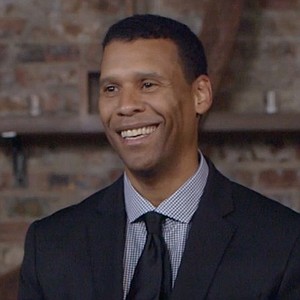1/9/2024

The debate surrounding Equality of Opportunity vs. Equality of Outcomes has intensified, with affirmative action programs often at the center, labeled as "reverse discrimination." The year 2023, of a surety, was a monumental one as the decision on this hotly debated issue made headlines, but what does it look like for 2024, and for the future of our country? It is critically important that we consider what comes next, and act.
Some argue that talent and hard work alone lead to success, using examples like “unqualified” black quarterbacks potentially replacing established NFL stars. This raises questions about why black athletes excel relative to their population—is it raw talent, effort or genetics?
Now, let's shift our focus to affirmative action in contracts and supplier diversity, criticized as reverse discrimination. Examining the "outcomes," consider these 2010 census figures for company revenues by ethnicity: Majority owned companies, $9.4T; women, $1T; Asians, $455B; Hispanics, $255B; Blacks, $98B. But, when it comes to Black income relative to other ethnicities, Blacks fall behind by 46 percent as compared with Asians, 31 percent compared to Whites and just 10 percent compared with Hispanics.
Here's the important question: Who benefits the most from supplier diversity programs? Surprisingly, it's not Blacks. African Americans rank the lowest in minority business program participation. The next question: Where do Blacks participate in the economy relative to their talent and preparation? The answer is nowhere.
This leads us to a critical issue: Does equality of preparedness guarantee equality of opportunity? The answer, once again is a resounding NO. Consider two hypothetical scenarios: A child from Chicago's West or South Side with Einstein's mathematical capabilities, unwavering dedication and six hours of daily study, versus the child of a billionaire who prioritizes partying over studying.
The real formula for success is multifaceted:
Connectivity +
Character +
Capability +
Time and Opportunity
= Success!
In simpler terms, a lamp unplugged cannot shine. Most times, your opportunities depend more upon your connections than your capabilities. When Black entrepreneurs participate in the modern parts of the economy that create wealth—in proportion to their talent—we will solve all of the problems of poverty, crime and general community misery. This doesn't take any opportunity away from anyone; it adds to the productivity of the country and helps us all live better lives.
The solution is to "Just Do Business" with an entrepreneur who can deliver value, and create the social capital that pulls everyone forward.
